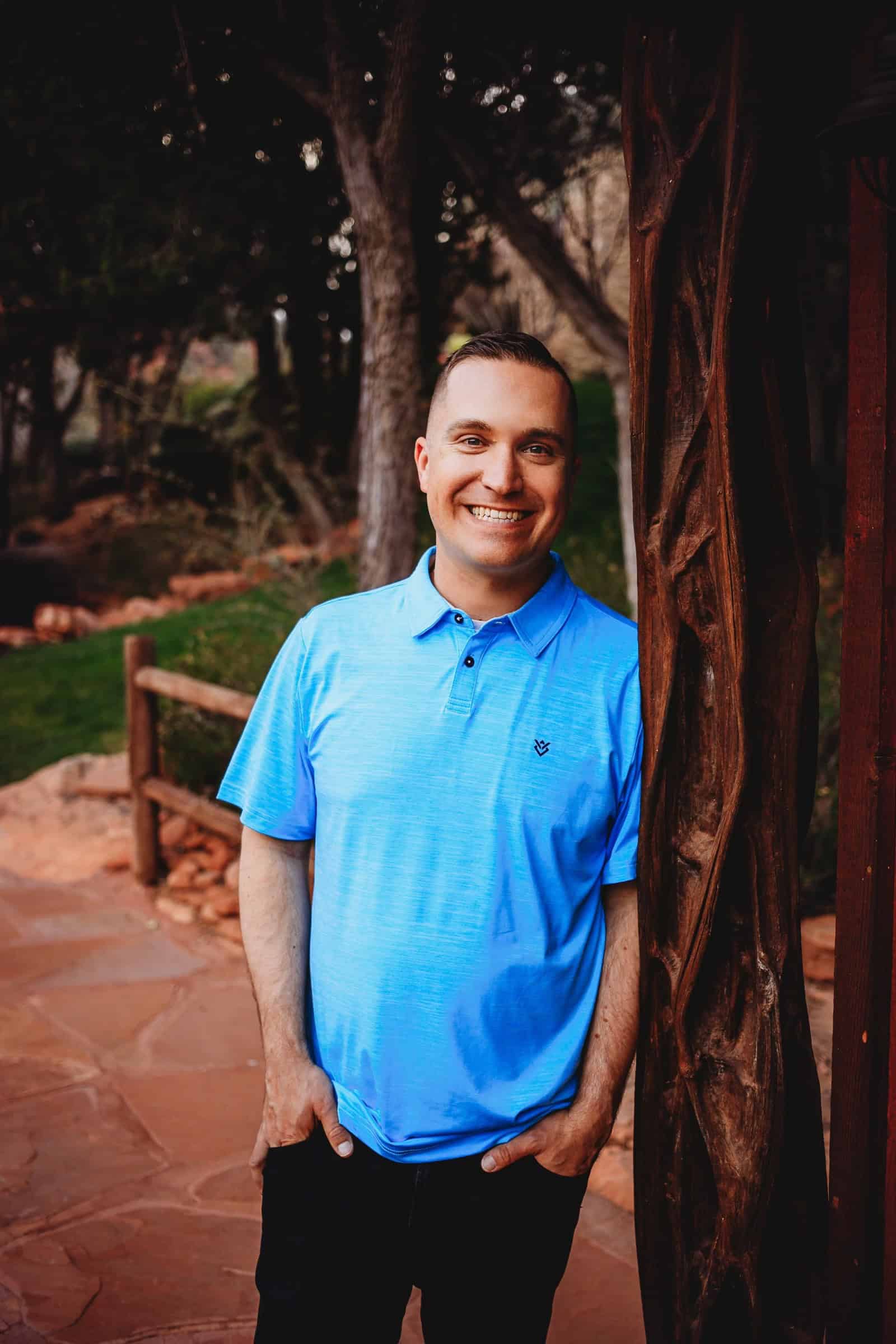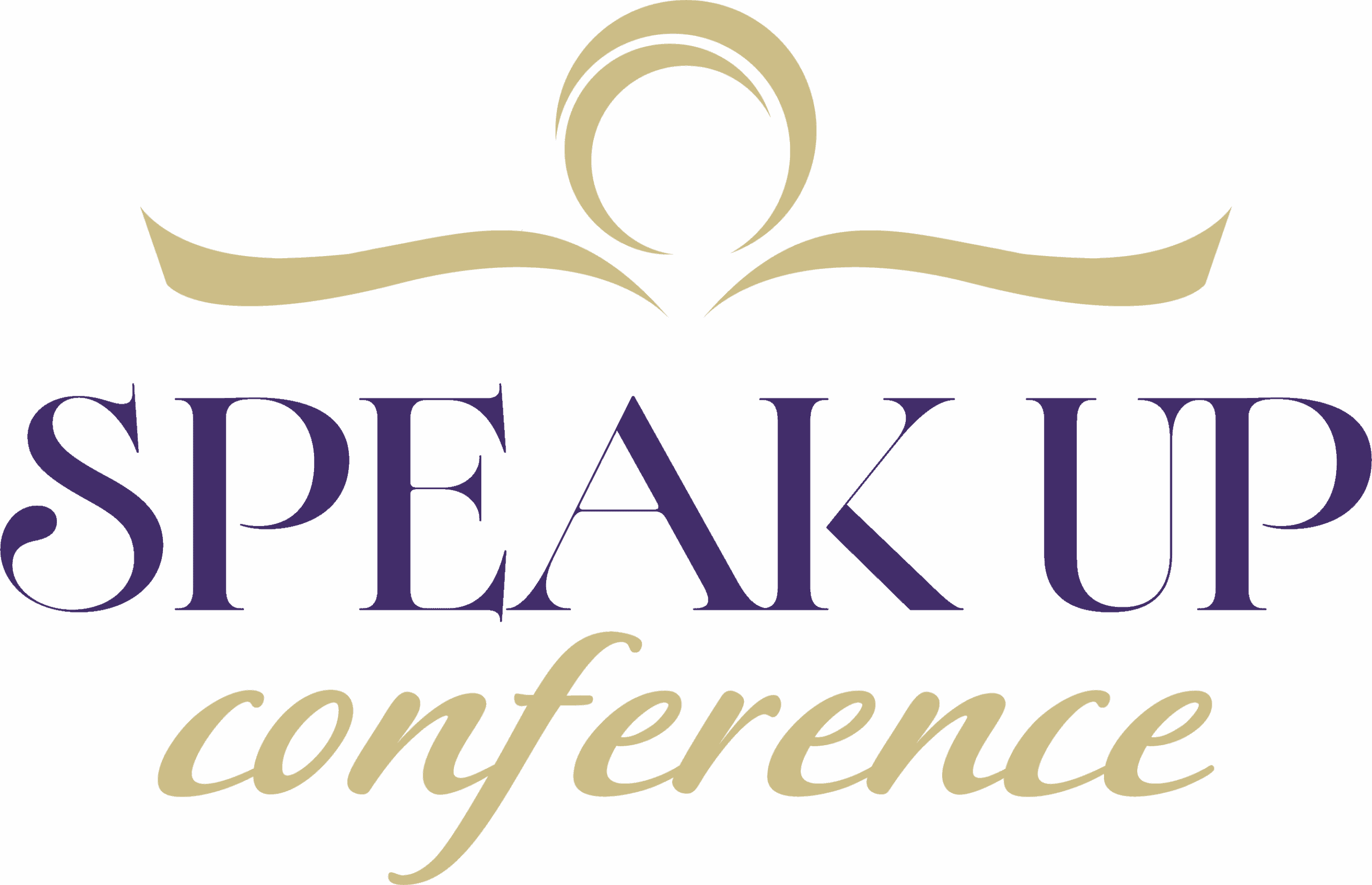
Is my mic on?
Have I checked a mirror for any distractions?
Do I have a poignant illustration?
Every speaker does a few last-minute checks before stepping on stage. However, those questions continue beyond their outfit and technology. Today, if a speaker shows up without authenticity, their content has no hope of landing with their audience.
As a seasoned millennial pastor with 20 years of public speaking experience, I often feel pressured to share personal stories. Those moments create transparency that can powerfully bond an audience with a speaker.
But those moments can go wrong, leading to hurt in the speaker or a feeling of manipulation in the audience. I’ve done “vulnerability” wrong as a speaker. I’ve also sat in the audience with an uncomfortable feeling as a speaker over-shared.
Through learning how vulnerability can go wrong, I’ve developed three questions I ask when preparing a talk. These three questions become a filter I use to evaluate a story I may include.
- What’s my motivation for sharing this story?
- Have I healed from what happened in this story?
- Do I need to talk to anyone before I tell this story?
I want to unpack these three questions because they can save you and your audience in the long run.
First, we must ask, “What’s my motivation for sharing this story?”
Motivation operates in invisible ways that often go unnoticed. We must search for the “why” behind our actions.
As a pastor, I head to the church lobby each Sunday to prepare to greet people. Some Sundays, I stand there excited to serve and encourage the people. On other Sundays I find myself wondering, “How did I do? What did they think of me? Did they like me more because of that story?”
Our role as speakers is to serve those in the audience and help them take their next step forward. When we don’t attend to our motivations, the opportunity to be vulnerable can fuel insecurity and make our time on stage more self-serving than sacrificial.
Second, we must ask, “Have I healed from what happened in this story?”
Some of the best stories to share include personal struggles, failures, and lessons we learned the hard way. Because those stories include wounds, we must consider where we are in the healing process.
Dr. Brene Brown has owned the topics of shame and vulnerability in recent years through her viral TED talks and bestselling books. Before sharing a personal story, Dr. Brown asks, “Am I sharing from a scab or a scar?” A scab is a wound that is still healing. When a scab tears off prematurely, the healing is interrupted, and the wound is exposed again. However, with a scar, healing is finished, and there is no risk of exposure.
When we share our scabs, we let people who lack our trust gain access to hurt us through their responses to our stories. So, when you are vulnerable, share your scars, not your scabs.
Third, we must ask, “Do I need to talk to anyone before I tell this story?”
When a story involves someone else, we owe it to that person to get their permission to talk publicly about them.
However, speakers often need to pay more attention to the opportunity to have private conversations before public talks. For example, is there anyone you’d want to hear this story directly from you before they watch it on an Instagram reel or YouTube video? No one wants to harm their loved ones through the way they give a talk, but it does happen when we over-share publicly or share impulsively.
Closing Thoughts:
As a huge Marvel fan, this discussion of vulnerability reminds me of a famous quote from the Spider-Man comics. Peter Parker’s Uncle Ben warned his nephew, “With great power comes great responsibility.”
Vulnerability is a stewardship. Like a fire, vulnerability can warm and connect people, but it can also burn them.
So…the next time you prepare a talk, and a specific story comes to mind, pause and ask those three questions. Your audience (and your soul) will thank you!
Question: How do you decide to share a story that demands vulnerability? I’d love to learn from your process.


About Scott Savage
Scott Savage is a pastor, author, and speaker with the best last name ever! As a seasoned millennial pastor, Scott has served churches for nearly 20 years. He currently leads Cornerstone Church in Prescott, Arizona. His writing has been read by over a million people in places like Our Daily Bread, RELEVANT Magazine, Air1 Radio, and the YouVersion Bible App. Through his writing and speaking, Scott loves helping people navigating difficult situations find hope and healing. He is married to Danalyn, aka Judge Savage, and they’re raising three brilliant children. You can learn more about Scott at https://scottsavagelive.com/speak-up/ or follow him on Instagram: @scottsavagelive.

As a longtime speaker and a former event planner, this is one of the best posts I’ve ever read on discernment when it comes to sharing personal stories and illustrations. This should be a must read for any speaker. Very well written, too. Thank you, Scott!
Thank you Maggie! So grateful to hear that kind of encouraging feedback.
Wow! This is such an important blog, Scott. It gives specific steps that will help any speaker to know when it’s okay to tell a story publicly, and when we need to stop, evaluate, and move forward with caution when it comes to sharing personal illustrations. Thank you for this well-written advice.
Thank you Carol! That means so much coming from someone like you. Appreciate the opportunity to share some wisdom that I learned after A LOT of mistakes.